Despite their supposedly good intentions, environmental, social, and governance (ESG) considerations remain one of the most controversial trends in the financial world. The term ESG has become increasingly entwined in politics over the past several years and is now considered taboo by some of its largest proponents. As a result, engaging in ESG reporting can be quite a challenging endeavor for even the most practiced companies.
Data collection as well as data quality management represents the first challenge to ESG reporting. Quality reporting calls for the collection of significant amounts of accurate data, typically from several sources, such as external partners and various in-house departments. Without strict control, collecting data from disparate sources can lead to disorderly data aggregation, which makes ESG reports unreliable.
Practicing extra care when collecting and analyzing data, coupled with leveraging robust data management systems, programs and tools, can help to avoid this issue. Cloud data warehouses and similar tools may be used to centralize ESG data collected from different sources while real-time data integration and automated data-collection tools can be used to increase accuracy and efficiency.
Limited ESG reporting framework standardization is a significant barrier in an ecosystem where different ESG standards and frameworks often have different metrics, guidelines and priorities. Some standards can be too overengineered to cater to corporate needs, causing inconsistencies and confusion when companies try to align the standards with their internal reporting processes.
The International Sustainability Standards Board (ISSB) is working on harmonizing ESG standards across the board to standardize reporting frameworks. In the meantime, companies can choose standards that align the most with their reporting requirements and long-term goals while keeping their reporting processes as consistent as possible.
A complex ESG regulatory landscape has led to a series of complex and evolving series of regulatory compliance policies and ESG reporting standards. In the European Union, the Corporate Sustainability Reporting Directive (CSRD) requires companies in the EU and other markets to file yearly business opportunity and financial risk reports while the U.S. Securities and Exchange Commission (SEC) has also mandated climate-risk disclosures for publicly traded firms.
A proactive compliance strategy coupled with consistent training for employees that deal with ESG reporting will keep your company appraised of the evolving ESG compliance regulations and procedures. Keeping your organization ready for audits at all times can also save you the hassle of struggling to prepare in the face of an audit. Repurposing existing quality-management platforms to use in ESG reporting can also help companies meet their ESG reporting requirements and remain compliant.
Integrating ESG initiatives with business strategy rather than keeping ESG at the periphery of operations has also proven to be a challenge for many companies. Rather than forcing their ESG considerations to align with their existing business goals and structures, companies could embed the considerations naturally into their strategic planning by setting measurable and clear ESG-related goals, allowing their ESG considerations to support their business objectives and mission.
Stakeholder communication and engagement is also a challenge when businesses have a myriad of stakeholders ranging from customers and shareholders to regulatory bodies, employees and local communities, with each requiring different types of communication. The complexity involved in ESG reporting can also make effective communication quite difficult. Investing in a multichannel communication approach that engages all stakeholders and emphasizes transparency, consistency and authenticity can help companies address this challenge.
It would be interesting to see what case studies can be obtained from different companies including Coyuchi Inc. that were early adapters of implementing ESG principles in their operations.
NOTE TO INVESTORS: The latest news and updates relating to Coyuchi Inc. are available in the company’s newsroom at https://ibn.fm/COYU
About ESGWireNews
ESGWireNews (“ESG”) is a specialized communications platform with a focus on the Environmental, Social and Governance (ESG) sector and public companies committed to sustainable corporate practices. ESGWireNews is one of 60+ brands within the Dynamic Brand Portfolio @ IBN that delivers: (1) access to a vast network of wire solutions via InvestorWire to efficiently and effectively reach a myriad of target markets, demographics and diverse industries; (2) article and editorial syndication to 5,000+ outlets; (3) enhanced press release enhancement to ensure maximum impact; (4) social media distribution via IBN to millions of social media followers; and (5) a full array of tailored corporate communications solutions. With broad reach and a seasoned team of contributing journalists and writers, ESG is uniquely positioned to best serve private and public companies that want to reach a wide audience of investors, influencers, consumers, journalists and the general public. By cutting through the overload of information in today’s market, ESG brings its clients unparalleled recognition and brand awareness. ESG is where breaking news, insightful content and actionable information converge.
To receive SMS alerts from ESGWireNews, text “ESG” to 888-902-4192 (U.S. Mobile Phones Only)
For more information, please visit https://www.ESGWireNews.com
Please see full terms of use and disclaimers on the ESGWireNews website applicable to all content provided by ESG, wherever published or re-published: https://www.ESGWireNews.com/Disclaimer
ESGWireNews
Los Angeles, CA
www.ESGWireNews.com
310.299.1717 Office
Editor@ESGWireNews.com
ESGWireNews is powered by IBN

